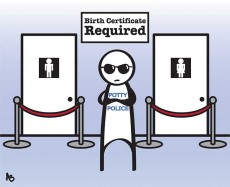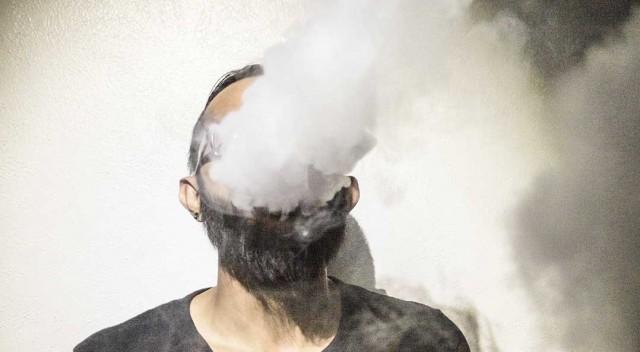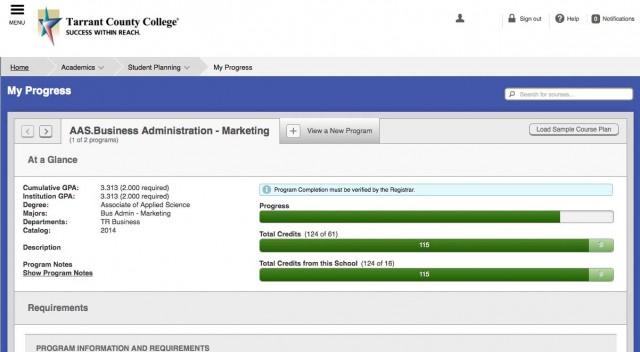After passing a law allowing for discrimination based on sexual orientation and gender identity, North Carolina faces criticism, confusion and consequences.

North Carolina’s state government can now block local governments from passing anti-discrimination rules to protect LGBT individuals. The law was a reaction to an ordinance in Charlotte protecting LGBT people from discrimination in housing and public accommodations. Republican leaders of the North Carolina General Assembly on March 23 introduced and passed a bill in less than 12 hours to repeal all similar ordinances.
Thus, there’s nothing preventing employers from refusing to hire someone based on their sexual orientation or gender identity. No one that is LGBT has real job security in North Carolina. This is similar to infamous historical laws that allowed the same discrimination based on race or sex. It’s just as unfair and just as prejudiced.
The bill has garnered attention mostly due to its ban on transgender people from using certain restrooms. It restricts single-sex public restrooms and locker rooms in publicly run facilities to one’s biological gender.
Supporters voice safety as the reason for backing the bill. They argue the Charlotte ordinance would make bathrooms unsafe for women and children, allowing sexual predators to enter as they pleased. Some have even said it posed a threat by permitting transgender women, whom they called “men,” to prey on women and girls. This is a harsh, absurd judgment for transgender people, who are also facing dangers themselves with the new law.
Charlotte resident Lara Nazario, a trans woman, said it’s dangerous to force trans people to use the bathroom correlating to their biological birth. Especially for transgender women, who experience a greater risk of homicide out of all LGBT people, according to a June 2015 report by the National Coalition of Anti-Violence Programs.
The problem with the bill is that if transgender people enter their biological gender’s bathroom, they can be told they are in the wrong bathroom and also out them as transgender. This discovery can often lead to harassment or violence, which is worse when North Carolina doesn’t seem keen on protecting these individuals.
One big question still unanswered is how North Carolina is going to enforce its law on bathrooms. Will there be a police officer stationed outside bathrooms, ready to inspect individuals and ask them to present their birth certificates? How can police know for sure that the people entering the bathrooms are the gender they believe them to be? Some might argue that they can tell transgender people from “normal” people. However, many cannot tell them apart, as noted by Kim Davis, the Kentucky clerk who refused to give marriage certificates to same-sex couples yet unknowingly issued one to a transgender couple.
The bill’s passing also sparked a major backlash from several companies. PayPal has dropped plans to build a global operations center in Charlotte after the passage. Recently, American Airlines, Wells Fargo and the National Basketball Association have raised concerns about the law, the latter claiming its plans to hold the All-Star Game in the state might be changed due to the law.
It is clear to any rational being that North Carolina passed the bill too fast without thinking of the results or the implementations. Hopefully, the growing opposition will serve as a warning to future states or cities considering a law of discrimination that goes against the fundamental belief of equality.
























